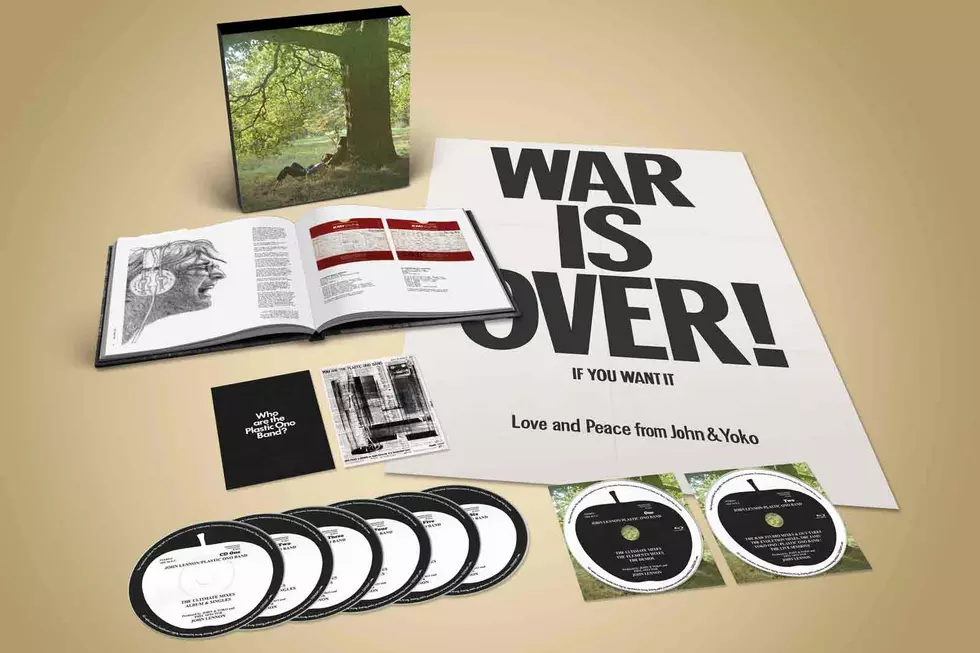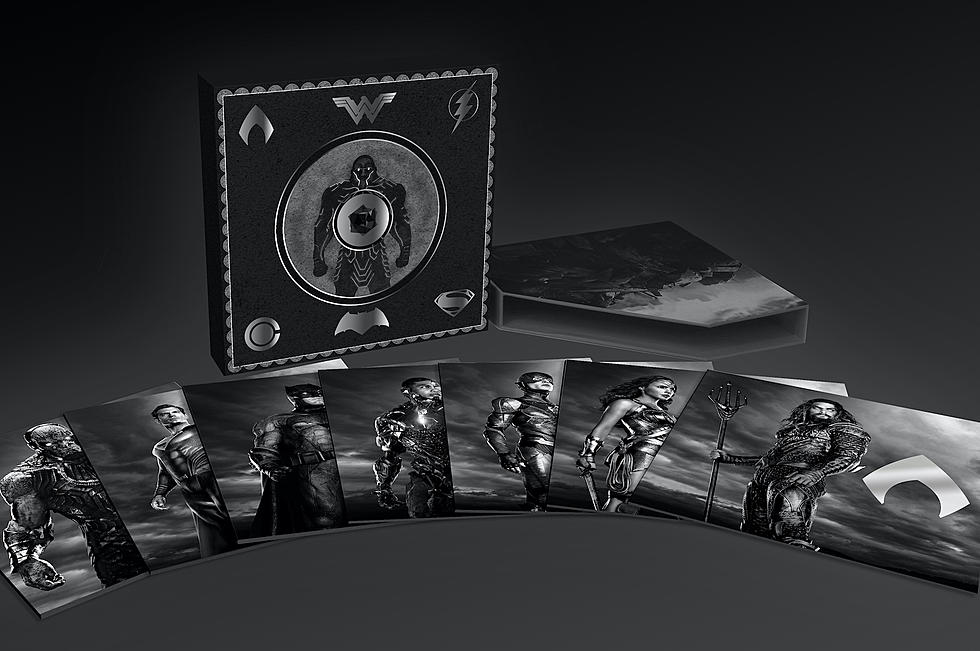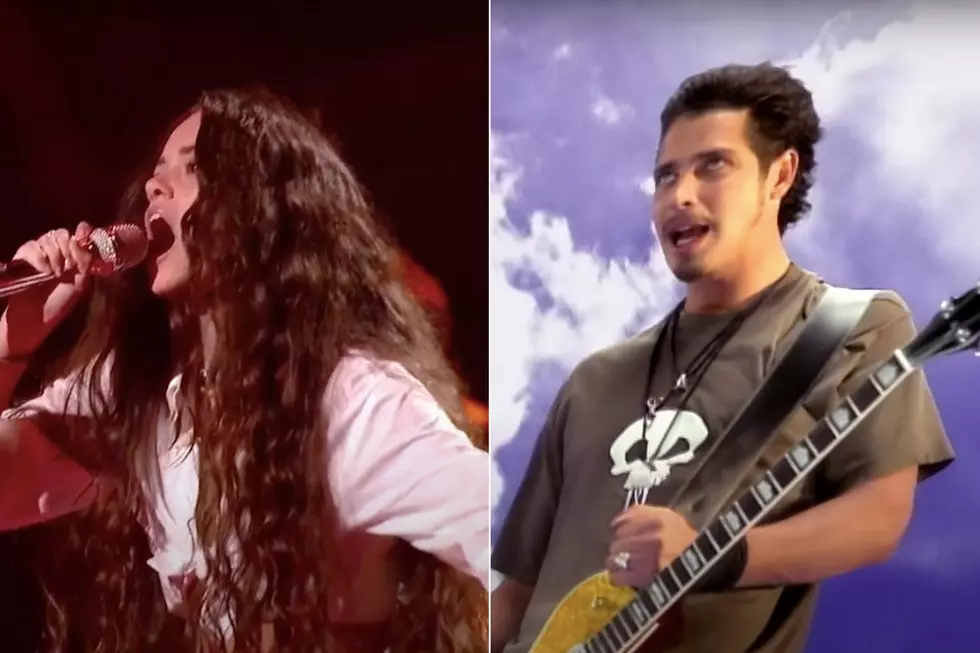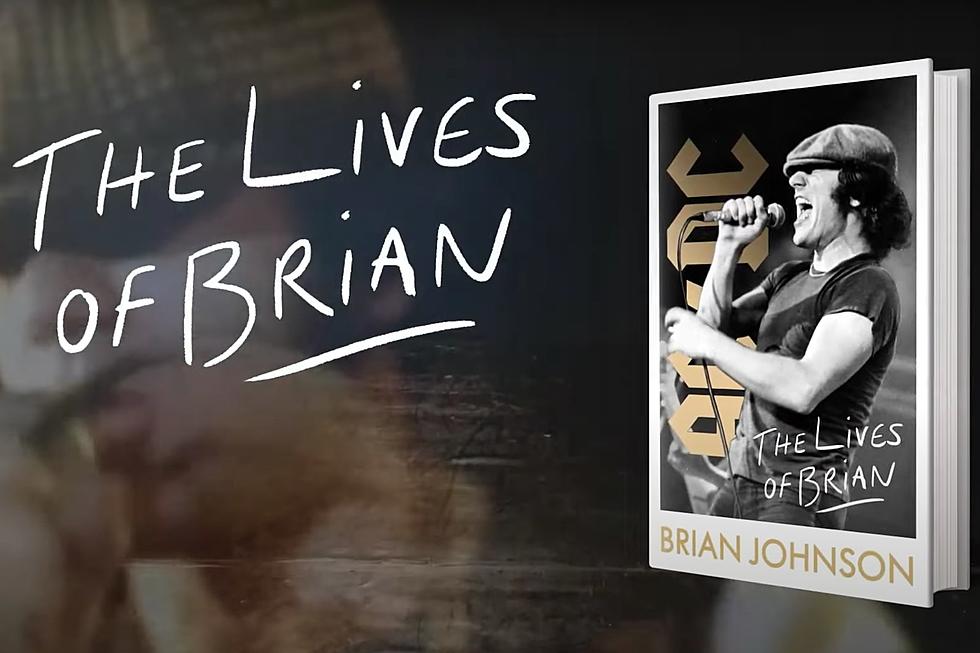
John Lennon, ‘John Lennon/Plastic Ono Band – The Ultimate Collection': Album Review
None of the Beatles made Beatles records immediately after their breakup.
Paul McCartney went the DIY route. George Harrison enlisted some friends (and Phil Spector) for a jam session and a sprawling triple LP. Ringo Starr revisited his past. And John Lennon, after he got a trio of noise-collage records with Yoko Ono out of the way, made a singer-songwriter album.
More than 50 years later, John Lennon/Plastic Ono Band remains the best post-Beatles solo album ever made. An eight-disc (six CDs, two Blu-rays) Ultimate Collection chronicles the 1970 sessions, which started shortly after the Beatles disbanded, and throws the era into new light and perspective. And it's still a cathartic and invigorating listen.
Even if that light isn't entirely new, the dust kicked out of the corners is revealing, documenting not just Lennon's disillusionment in a post-biggest-group-in-the-world environment but also the personal struggles that helped fuel the album's Janovian center.
That original album, in a new mix that brushes off some of the old cobwebs, still sounds like a deep exhale after all these years. "I don't believe in Beatles," he sang in "God." "So, dear friends, you just have to carry on / The dream is over." It's as much a declaration of independence as it was a fuck-you to fans. And it still cuts deeper than anything his former bandmates said about the group's final years over the past five decades.
The demos, outtakes and raw studio takes here drive home these points. At turns more raw and less sharpened than the familiar versions, these early and discarded run-throughs of album tracks and singles like "Give Peace a Chance," "Cold Turkey" and an especially tough "Instant Karma! (We All Shine On)" demo are nonetheless jagged. Their scars are still present in the released versions.
Lennon famously found solace in primal scream therapy around this time, and he applied the techniques he learned on some of John Lennon/Plastic Ono Band's songs. "Mother," the album's opening track, ends with throat-shredding howls that Lennon worked himself up to in the alternate takes featured on The Ultimate Collection. And in the more spacious "Elements Mix" of "Well Well Well," his cathartic screams seem to pierce even deeper.
But it wasn't all soul cleansing for Lennon and the Plastic Ono Band, which included past Beatles associates Starr, Spector and Klaus Voormann in various roles. A disc of tossed-off jams, recorded during the sessions between takes, includes early rock 'n' roll staples like "Johnny B. Goode" and "Ain't That a Shame" plus snippets of Beatles songs "Get Back" and "I've Got a Feeling." The looseness brings some levity to all the exorcising that was going on.
Similarly, the fly-on-the-wall appeal of "The Evolution Documentary" disc charts the progression of songs as well as Lennon's hurdles, instructions and determination as he was making the album. He references both the Beatles and McCartney as he strains to nail a guitar tone and asks for advice from his collaborators, especially new wife Ono, whose voice in the control room is a calming and constant presence.
And that's the theme that emerges from this multi-hour experience: Lennon was aiming to break free from his past, even though pieces still haunted him, while working out a new future with Ono. It wasn't always a smooth transition – these different takes of "Mother," "Working Class Hero" and "God" reveal an artist still tethered to various aspects of his history, from his childhood to the Beatles – but he mostly got there in the end. The Ultimate Collection chronicles, through hell and smiles, how he did it.
John Lennon Albums Ranked
You Think You Know the Beatles?
More From Classic Rock Q107










